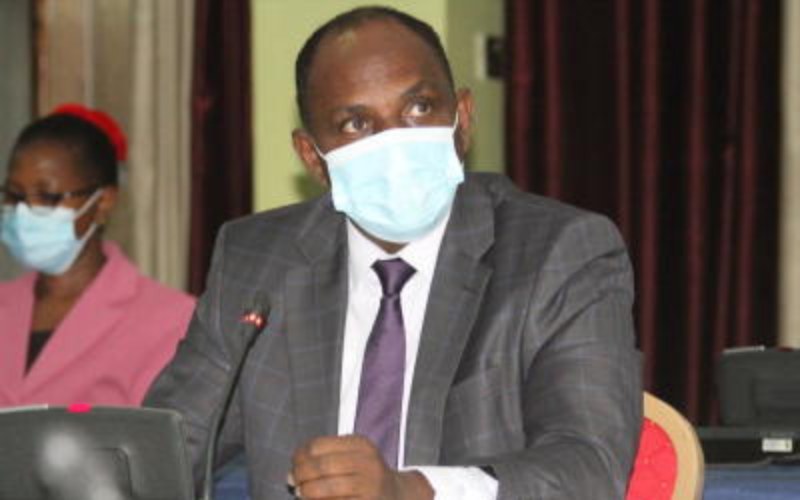
A while ago Deputy President William Ruto stirred the hornet’s nest when he launched a scathing attack on the government over heavy borrowing which continues to cripple the economy.
While some lambasted the DP for attacking the government he serves in, it is imperative to note that he was echoing sentiments expressed severally by Amani National Congress leader Musalia Mudavadi that the economy is bleeding because of the high debt and unless the National Treasury restructures and reschedules the national debt, the situation will worsen.







